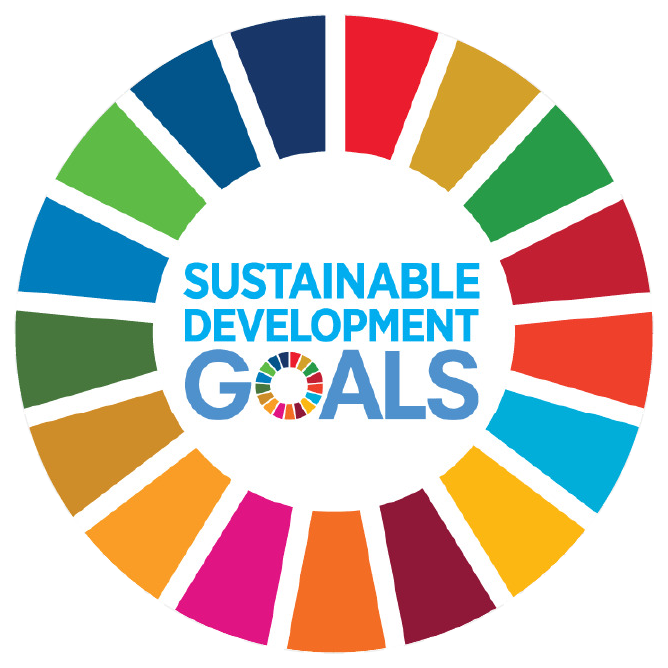Where are we now
We have achieved the following: stakeholder engagement to build awareness and project support; development of a site development plan and waste management plan; lease renewal application; 'building with waste' guideline and training workshop; baseline community waste surveys; awareness in the broader community through radio presentations, social media posts, presentations, participation in schools’ training programmes; and ongoing collection of waste materials for building through community networks. We have a good professional team for project planning and implementation. We have partial funding (122262 US Dollars), but need additional support for construction labour and materials.
An indication of our team’s capacity:
50% funding already raised
90% expertise already found
10% materials / equipment already found
20% builders already found
Finance: € 9,300
The project expands existing community-run waste recycling and environmental awareness initiatives; by developing an integrated sustainability hub. Direct outcomes will be less waste in Motherwell and the Swartkops Estuary, sustainable livelihood opportunities, and improved living conditions. Other impacts include changed perceptions of waste to an item of value, reducing solid waste pollution in the process. Parts of the facility will be built with waste, using low cost and simple, replicable methods, involving the community directly in the operation. The hub will be a pilot facility that can be replicated elsewhere, extending its positive impact and showcasing what can be done with waste.
- Construction equipment (cement mixers, compressors
| 500 |
| 500 |
- Services installation - water and sewer
| 500 |
- Security - boundary fencing
| 500 |
| 5,800 |
- Construction labour costs (skilled)
| 500 |
- Construction labour costs (unskilled)
| 500 |
- Construction materials (concrete, crusher, cement)
| 500 |
Skills: PR & Marketing
The project needs ongoing support from the broader community throughout its lifetime. In the current development phase, marketing to attract further funding would add to the full project vision being attained. The professional team facilitating the development of the hub does not have marketing expertise. The operators would benefit from improved marketing of their services, especially through web-based marketing of crafts and waste-built building materials.
Stuff: Equipment & tools
Cement mixers and compressors are needed to make waste building blocks. A waste bailer is needed for operations to compress recyclable waste for more efficient recycling. Tables and chairs and general office furniture is needed for the enviro-education facility, the waste recycling office, and the craft sales area. Gardening tools (wheelbarrows, spades, buckets, forks etc.) are needed for the food gardens. Kitchen equipment and utensils are needed for workshops and events at the facility, and for food sales to visitors.
Hands
We need lots of hands to help make enough waste building blocks in preparation for the construction phase; as well as erecting the framework structure and building infill panels. During construction, the aim is to involve local community members as much as possible in the building process, but we need skilled builders and/or site managers to help oversee the building method and process. We also need engineers to assist with ensuring structural integrity and to help in the management of stormwater and other services.

Waste Building Block Method
image: public domain
i





























